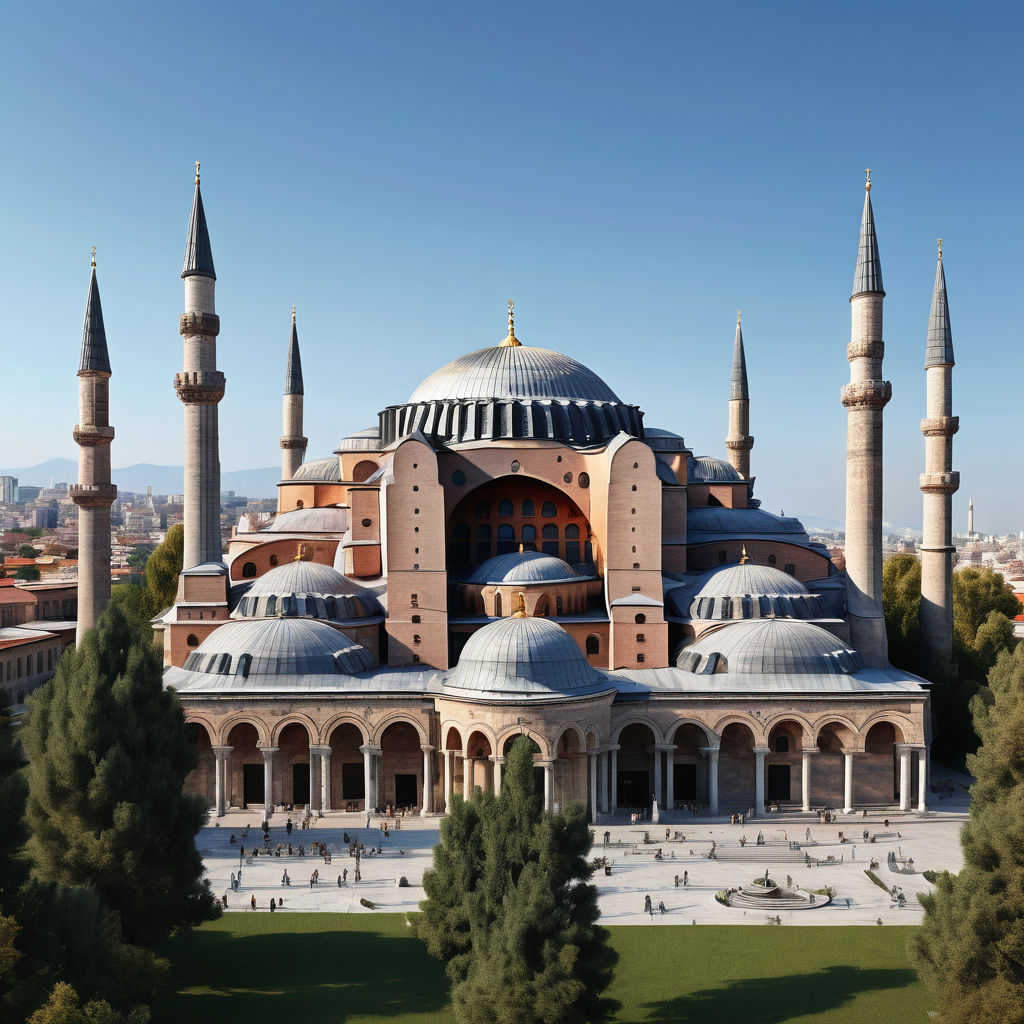Discover Turkey: Rich Heritage, Cultural Diversity, and Social Dynamics
Exploring Turkey's Cultural Tapestry, International Engagement, and Social Interactions

Introduction to Turkey
Turkey, officially known as the Republic of Turkey, straddles the continents of Europe and Asia. It is bordered by Greece and Bulgaria to the northwest, the Black Sea to the north, Georgia to the northeast, Armenia, Azerbaijan, and Iran to the east, Iraq and Syria to the south, and the Mediterranean Sea to the southwest. Major cities include Ankara (the capital), Istanbul, Izmir, and Antalya. Turkey's rich cultural heritage is a blend of various influences, including Anatolian, Ottoman, Byzantine, and Hellenistic. The country is renowned for its historical sites such as Hagia Sophia, Topkapi Palace, and Ephesus, as well as its vibrant cultural traditions, cuisine, and festivals.
Cross-national and Cross-cultural Understanding
Turkish people generally perceive and engage with other cultures with a sense of hospitality, curiosity, and pride in their own cultural heritage. The country's strategic location at the crossroads of Europe and Asia has historically made it a melting pot of cultures, fostering an appreciation for diversity. Turkey actively promotes cross-cultural understanding through various initiatives and programs. Significant cultural exchanges and educational programs highlight Turkey's commitment to global engagement. The Turkish Cultural Centers, known as Yunus Emre Institutes, promote Turkish language and culture worldwide through courses, events, and scholarships. Additionally, the Turkish government offers numerous scholarships to international students through programs like Türkiye Scholarships, facilitating academic and cultural exchanges. International partnerships also play a crucial role in fostering cross-cultural understanding. Turkey is a member of various international organizations, including NATO, the United Nations, and the Organization of Islamic Cooperation (OIC), which promote cooperation and cultural exchange. The country’s participation in Erasmus+ and other educational exchange programs further underscores its dedication to fostering global cultural ties.
Interactions and Social Dynamics
Interactions between Turkish people and foreigners are generally characterized by warmth and hospitality. Turkish social behaviors are influenced by cultural values such as "misafirperverlik" (hospitality), respect for elders, and a strong sense of community. These values are often reflected in the way Turkish people engage with outsiders. Social behaviors in Turkey emphasize respect and politeness, especially in initial interactions. Greetings typically involve a handshake or a kiss on both cheeks, depending on the context and level of familiarity. Hospitality is a significant aspect of Turkish culture, and guests are often treated with great care and generosity, frequently invited to share meals and participate in family gatherings. Communication styles in Turkey are generally direct yet courteous. Turks value honesty and straightforwardness in communication, but they also prioritize maintaining harmony and avoiding confrontation. Non-verbal communication, such as maintaining eye contact and using gestures, plays a significant role in interactions. Language plays a crucial role in facilitating interactions. Turkish is the official language, and while English is taught in schools and spoken by many in urban areas, proficiency varies. Efforts to learn and use the Turkish language are greatly appreciated and can significantly enhance social interactions and integration into Turkish society.
Views on Dating and Relationships
Dating and relationships between Turkish people and foreigners are becoming more common, particularly among younger generations. Turkish society tends to be open-minded about cross-cultural relationships, seeing them as opportunities for cultural exchange and personal growth. However, cultural expectations and traditions can still influence dating dynamics. In Turkish dating culture, there is often an emphasis on family approval and social harmony. Relationships are typically pursued with a long-term perspective, and traditional gender roles can play a significant role, with expectations for men to be protective and women to be nurturing. Dating practices can vary significantly between urban and rural areas, with urban areas generally being more liberal and rural areas more conservative. Cultural expectations and traditions, such as the importance of family approval and respect for elders, can impact relationships. Understanding and respecting these cultural norms is essential for successful cross-cultural relationships in Turkey.
Marriage and Family
Marrying foreigners is widely accepted in Turkey, although it comes with certain social and familial considerations. Legal considerations for such marriages are straightforward, with clear regulations for international unions governed by Turkish civil law. Socially, Turkish families may initially have reservations about cross-cultural marriages due to concerns about cultural differences and social compatibility. However, acceptance typically increases as relationships develop and families get to know the foreign partner. Family plays a central role in Turkish culture, and marrying into a Turkish family often involves participating in family gatherings and traditions. Common practices in cross-cultural marriages include celebrating both Turkish and foreign traditions, creating a blended cultural environment. For example, a couple might celebrate Turkish holidays like Bayram and Republic Day alongside holidays from the foreign partner’s culture.